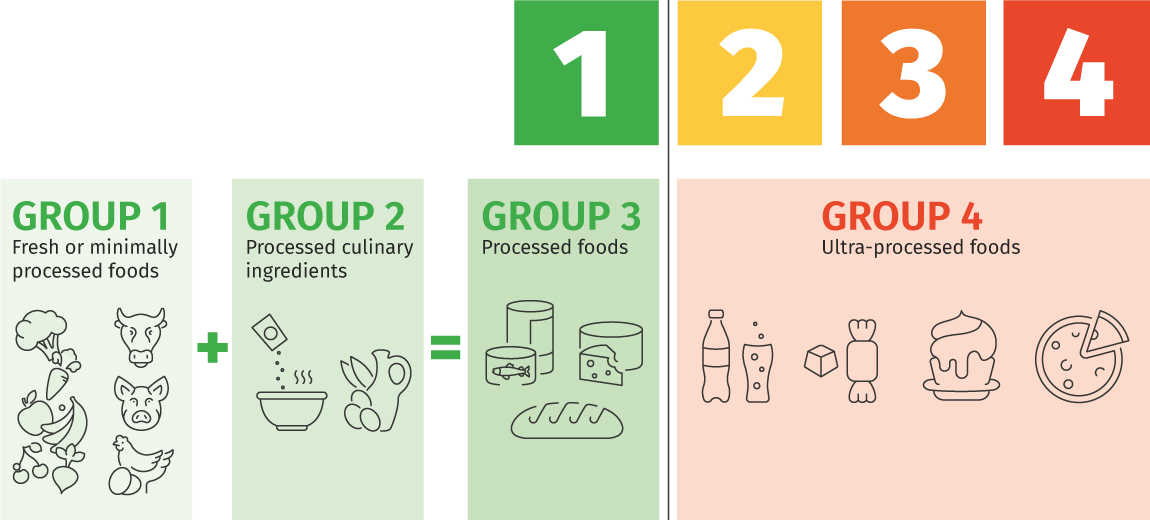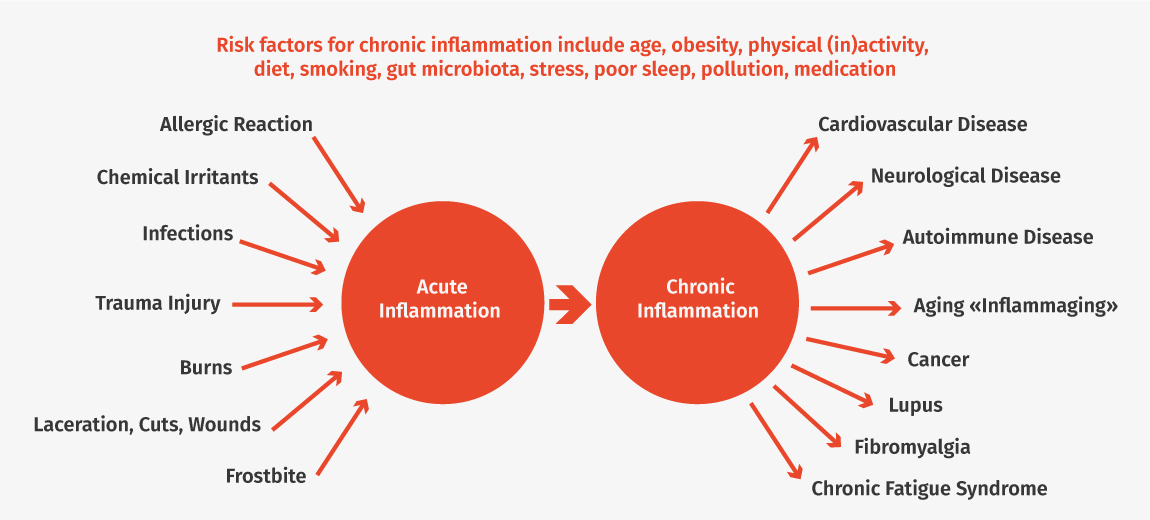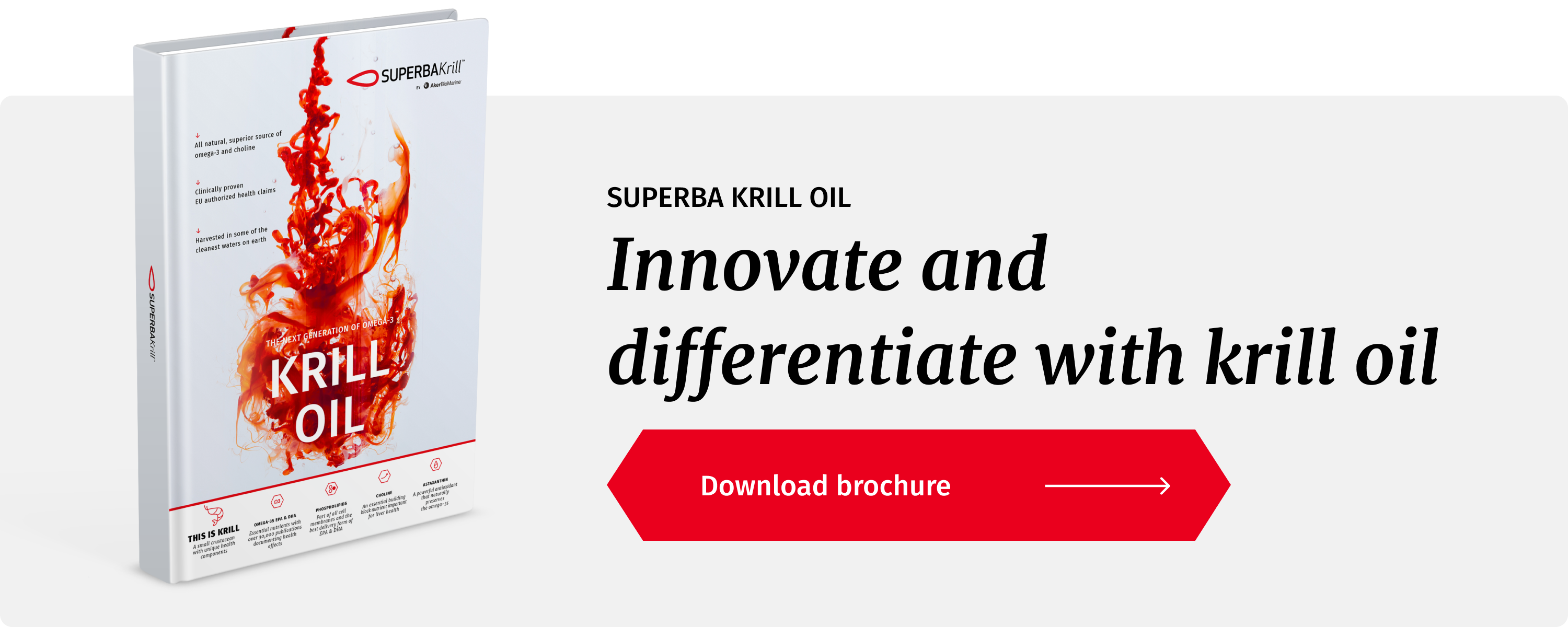For this blogpost we have borrowed the title of the cover of Newsweek of december 2021, "Ultra-processed food is killing us!" and yes, we do believe that a better balanced food with fresh ingredients supported by supplementation like krill oil phospholipids omega-3s can be a good way to combat the negative health effects of an ultra-processed food diet.
According to the Global Food Research Program, a revolution in food science and retailing over the last 60 years has led to explosive growth in the manufacturing and consumption of ultra-processed foods (UPFs). There is no question that UPFs have taken over our kitchens, leaving unprocessed or minimally processed foods, freshly prepared meals, and traditional cooking in the past.
The dangers of this are real—nutritional, environmental, economic, and social challenges are occurring globally, and researchers have made strong connections between these trends and the risks of eating too many UPFs — putting obesity and nutrition-related chronic diseases at the top of the list.
Ultra-processed foods have detrimental health effects
Ultra-processed foods are often engineered, and formulated from starches, added sugars and hydrogenated fats and usually contain artificial additives. UPFs are often made to be more flavorful and visually appealing to consumers. They also have a longer shelf life than unprocessed foods which helps maximize profits for retailers and manufacturers.
The below image shows the NOVA food classification system divided into four groups based on the level of processing:

A 2018 study found that more than 50% of the calories that an average person in the UK eats come from ultra-processed foods (group 4 products).
The bottom line is that over-consumption of UPFs are bad for you. They are energy-dense and lack nutrients, and with their hyper-palatability flavors and convenience factors, consumers often overindulge and overconsume UPFs over other healthier options.
Imbalance in omega-6 : omega-3 ratio in western diets lead to chronic inflammation
Our gut microbiome plays a major role in our health. In fact, what we eat shapes our gut flora. A healthy gut needs different types of bacteria for optimal health. On the other hand, ultra-processed diets lead to less bacteria diversity, negatively impacting our gut health.
Read more: what are omega-3 fatty acids and what are their benefits
Unhealthy diets throw off the balance of omega-6 to omega-3 in the body. The ratio of omega-6: omega-3 in your diet has a huge impact on human health. Desired ratio should be 4:1, so 4 times more omega-6 to omega-3. The present average ratio in most western diets is however 15:1, and in some countries like USA, the ratio can be as much as 20:1. This imbalance is largely due to the increased prevalence and consumption of ultra-processed foods that is low in omega-3 and high in omega-6.
People with this imbalance tend to have higher levels of c-reactive protein (CRP), a measure of inflammation in their bodies.
A state of chronic inflammation lessens our ability to function properly at the cellular level and increases our vulnerability to a wide range of lifestyle diseases affecting many different body systems and organs.

Risk factors for chronic inflammation include age, obesity, physical inactivity, diet, gut microbiota, smoking, stress, medication and pollution. Researchers have found connections between higher levels of CRP and various chronic illnesses such as arthritis, cardiovascular disease and more.
Krill oil - clinically proven to reduce levels of inflammation
The damaging effects of chronic inflammation can be alleviated by improving the diet. Leafy greens, and healthy fats (including fatty fish) are recommended foods to help combat inflammation.
In addition to diet, pure and natural supplements, such as krill oil phospholipids bound omega-3 and choline, can help with inflammation. Krill oil research shows that by increasing your Omega-3 Index, you can reduce inflammatory parameters, such as CRP. Having a better ratio of omega-6 to omega-3 contributes to a better inflammatory environment in the body.
Krill oil is clinically proven to reduce concentrations of CRP and inflammatory activity, clinically proven to increase omega-3 levels in the blood and clinically proven to reduce the omega-6 to omega-3 ratio in both plasma and red blood cells.
A better balanced food with fresh ingredients supported by supplementation like krill oil phospholipids can be a good way to combat the negative health effects of an ultra-processed food diet.
Summary and conclusion
1) Ultra-processed foods are prevalent in today’s global society. As a consequence, our diet consists of too much omega-6 and not enough omega-3s resulting in a pro-inflammatory environment in our body.
2) A state of chronic inflammation lessens our ability to function properly at the cellular level and increases our vulnerability to a wide range of lifestyle diseases affecting many different body systems and organs.
3) The damaging effects of chronic inflammation can be alleviated by improving the diet and supplementing with a pure source of omega-3 and choline, like krill oil phospholipids.
4) Krill oil marine phospholipids, Omega-3 EPA & DHA and Choline are clinically proven to reduce concentrations of CRP and inflammatory activity, raising omega-3 index and increasing the omega-3: omega-6 ratio in the body, contributing to overall health.


